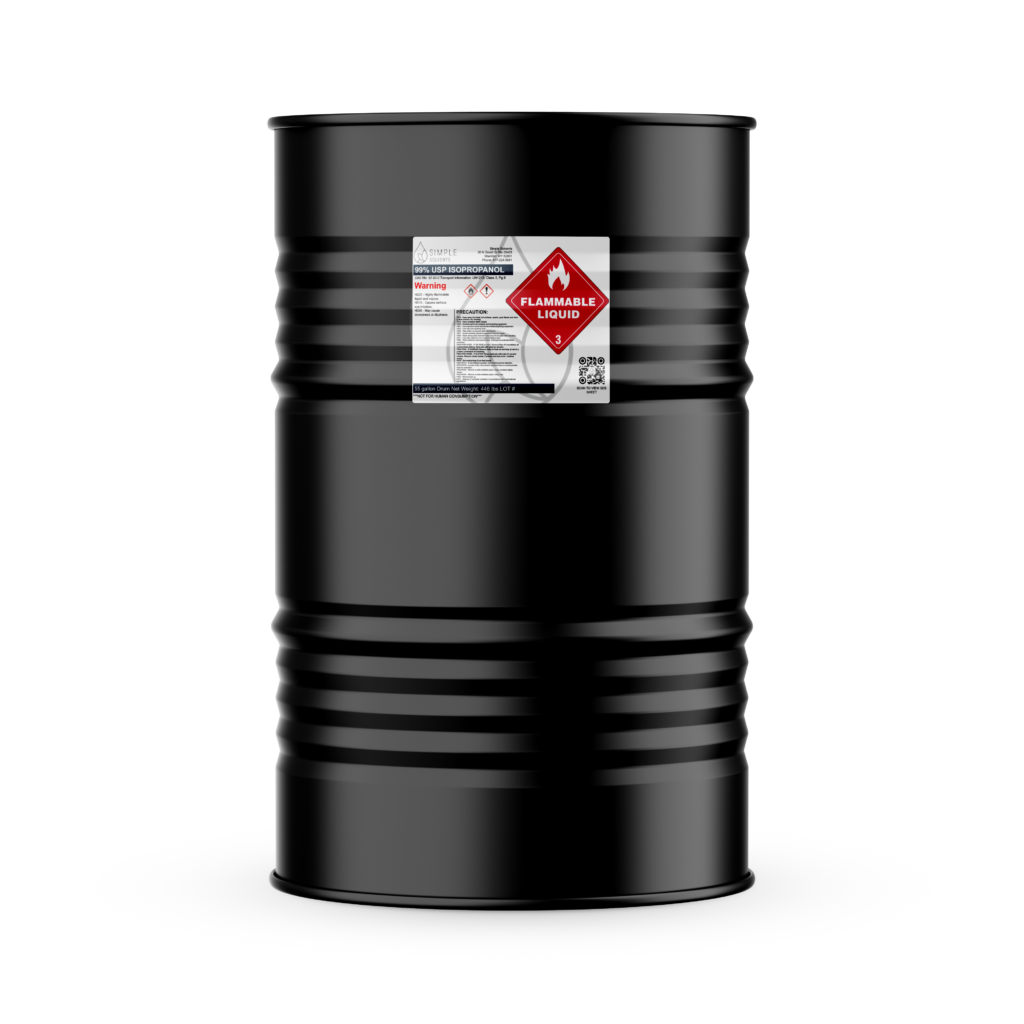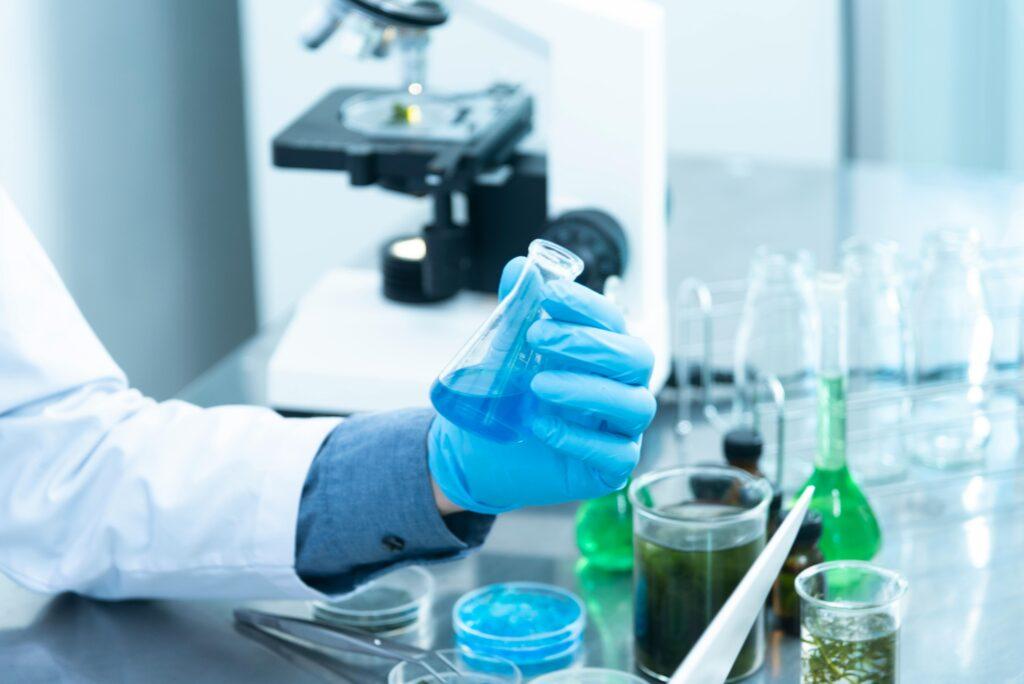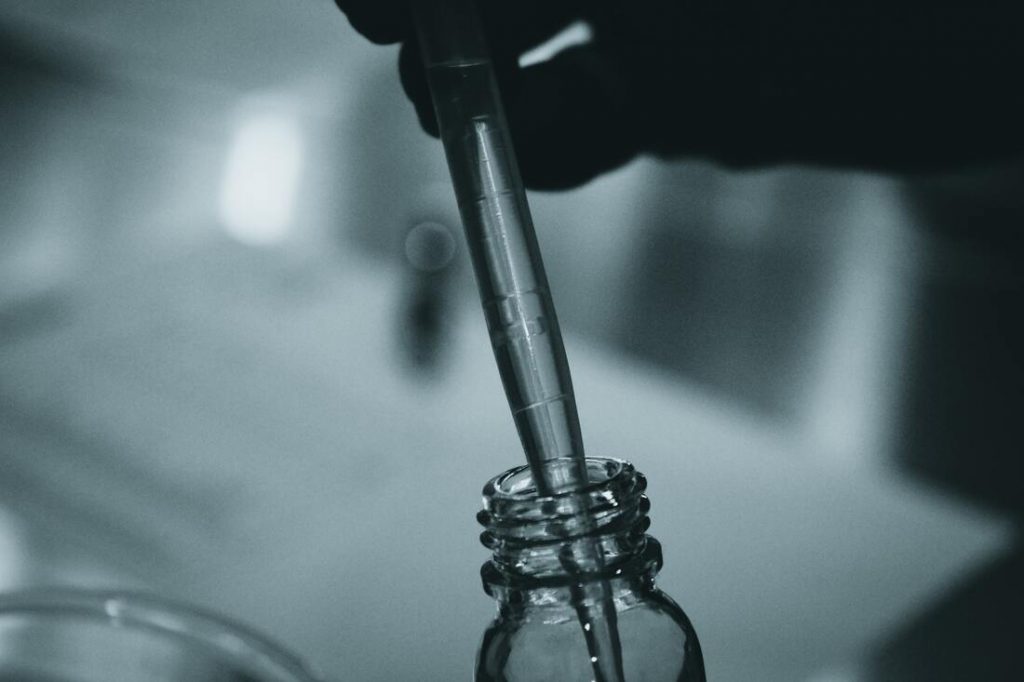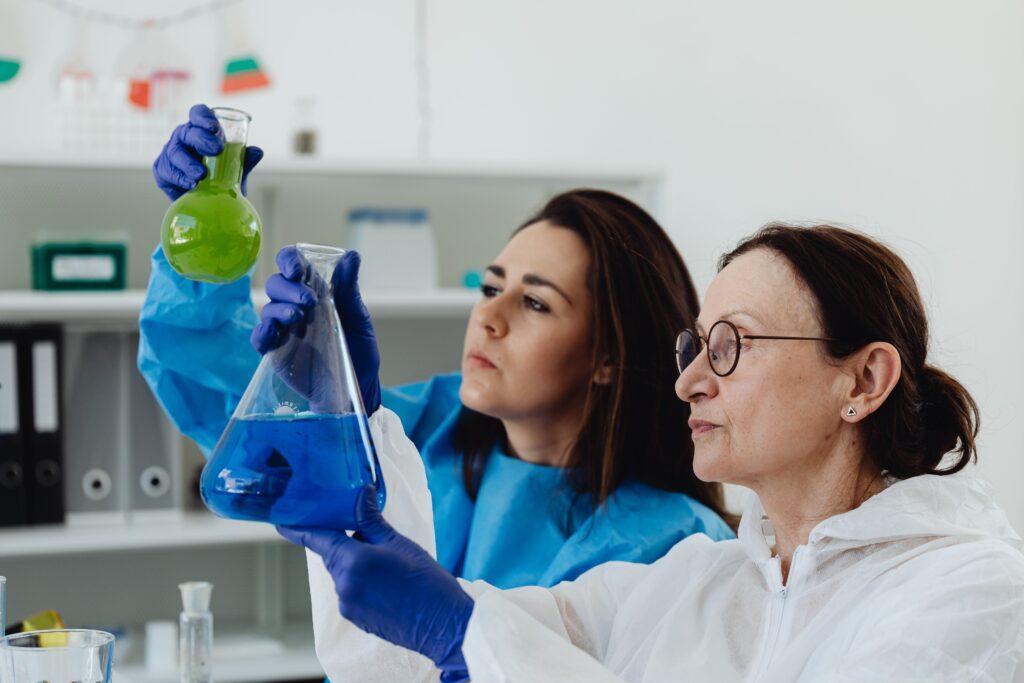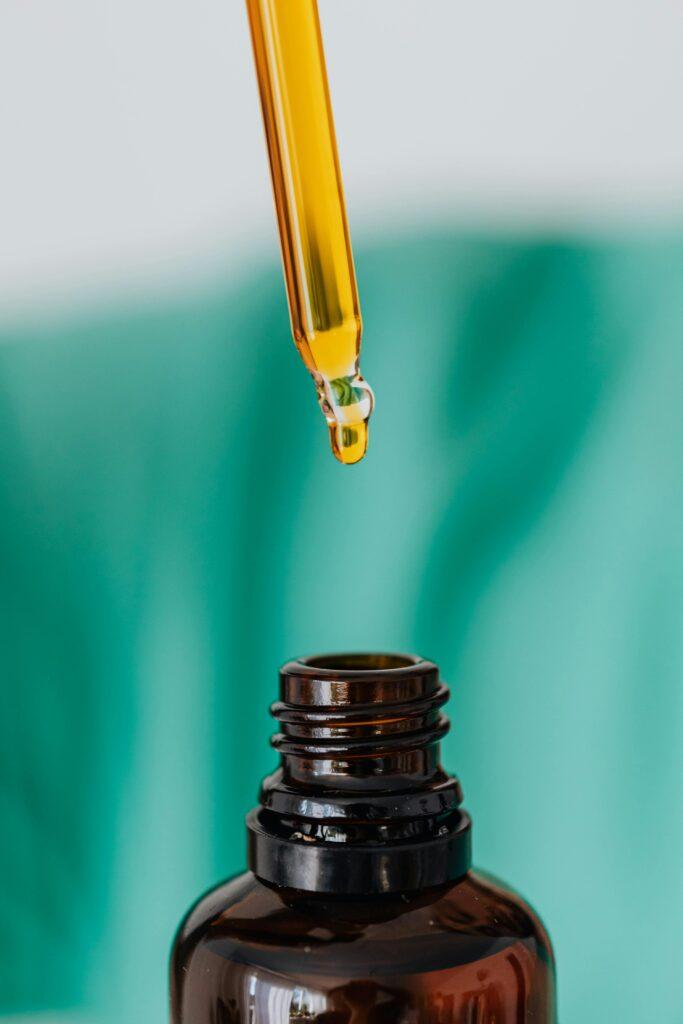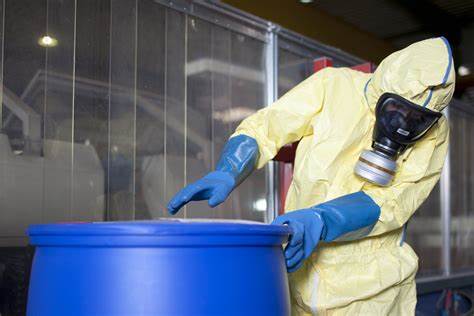Isopropyl Alcohol Uses
Isopropyl Alcohol Uses by Different Industries
Isopropyl Alcohol (IPA) is a versatile chemical with various uses across various industries. It is a colorless, flammable, volatile liquid commonly used for cleaning and disinfecting. However, it is also a key ingredient in the manufacturing processes of various products, including pharmaceuticals, electronics, and cosmetics. This article will explore IPA's various uses and applications, highlighting its versatile nature and significance in different industries.
The Chemical Properties of Isopropyl Alcohol
IPA is a secondary alcohol with the chemical formula C3H8O, which contains three carbon...

